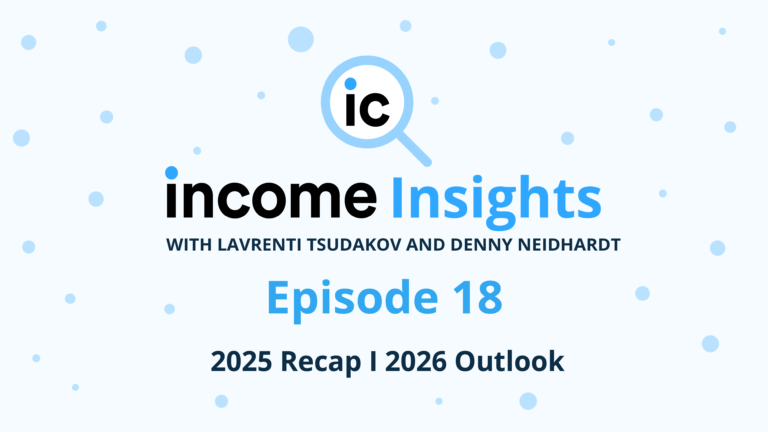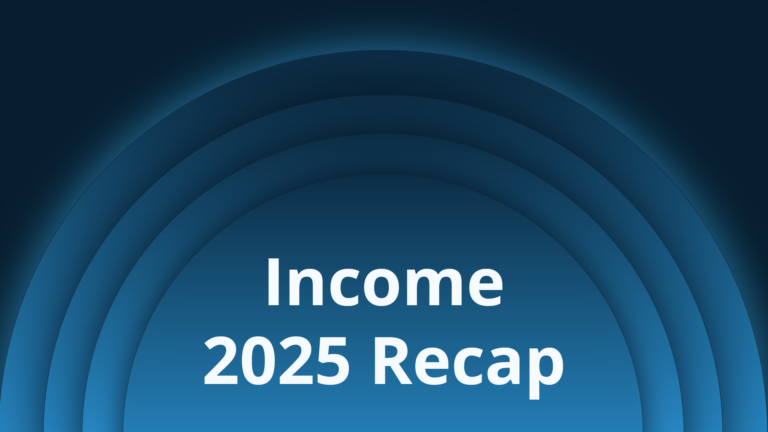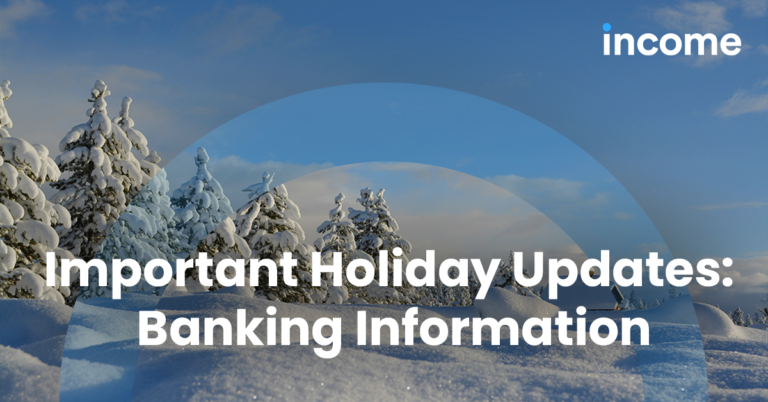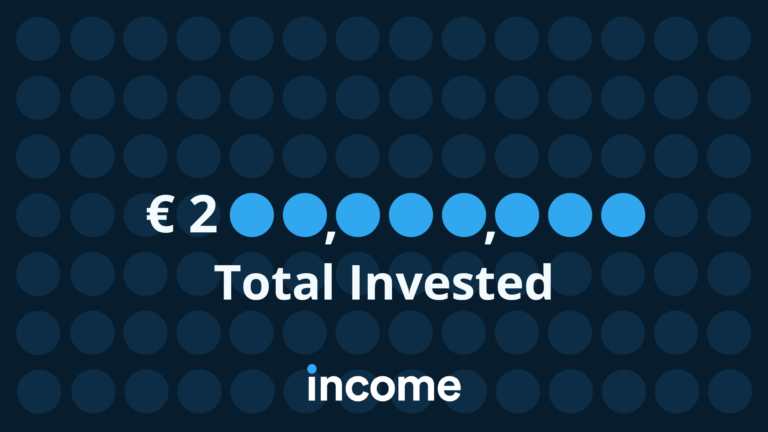Income brings together investors and non-bank lenders from around the world. As investors on the platform, we know about the investor side and the security Income brings to investing in loans, but we wanted to bring some light to the loan originator side of the marketplace. Therefore, we had a chat with danabijak’s CEO, Markus Prommik. Markus has been in the financial industry for 5+ years and has excellent insight into the lending market of South East Asia.
1) Can you please briefly introduce yourself and tell a bit about danabijak´s business idea and how it was founded?
Originally from Estonia, I moved to Indonesia in 2016 at the age of 22 to launch danabijak. The idea to offer mobile-first financial services came to me at the start of 2015 when I lived in Hong Kong and traveled around South East Asia. Within less than 18 months, we secured the initial funding. I moved to Indonesia, which I saw as the largest potential market in this region – population, forward-looking regulators, and growth of technology companies. We issued our first loan in December 2016 and have been growing since then!
2) What is danabijak´s strategy for the coming years? Have you planned any new initiatives? Do you have a vision for the future?
Our focus is to improve our scoring, technology continuously, and product to provide better value add and services to our users. We are firm believers in embedded finance, where financial services are incorporated into user’s everyday life (e.g., Buy Now Pay Later, where you have an easy check out from a merchant by taking a loan, etc.). This model is especially scalable in emerging markets where access to data is limited. There will be some exciting products we expect to launch in the next 9 months, and we hope we can also have Income investors to fund them.
3) What do you think the future of non-bank lending looks like? Which challenges and/or opportunities do you see for the industry in the coming years?
I believe that the future of non-bank lending is bright! Emerging markets in South East Asia have hundreds of millions of individuals and businesses that are underserved by the traditional financial institutions. This provides a massive opportunity for platforms like danabijak to step in and contribute to solving a multi-billion dollar problem to accelerate access to credit.
Some of the most significant challenges will always remain around data, risk management, etc. Still, the overall infrastructure will evolve with time and improve the quality of service non-bank lenders can offer.
4) You’ve decided to list your loans on Income; what are the main benefits of this, and how would you describe the cooperation?
Our cooperation with Income has been great. Income has a professional team with vast experience in consumer finance. This has been very helpful as they know what they are doing, they take risk management very seriously, and it is easy to work with them. During their due diligence, I believe that the Income team has taught us a lot by asking the right questions.
Income puts a lot of focus on investors and protecting their investments. This, in return, results in much better rates that Loan Originators can access funding from European investors. It is a win-win situation for both investors and LOs.
5) How do you see the role of marketplaces as a source of funding for danabijak now and in the future?
Marketplaces are an excellent source of funding for danabijak and will play an important role in our strategy for the next few years. We appreciate marketplaces like Income as we can get access directly to thousands of individual and institutional investors.
6) How do you feel you are changing the world with your company’s mission?
In Indonesia, only 2 people out of 100 have access to credit cards (vs. 60 out of 100 in the USA). There is a massive US$ 70Bn credit gap that the banks cannot fulfill in Indonesia. danabijak provides access to credit to the underserved but creditworthy population by leveraging technology, alternative data, and automated credit algorithms. This would not be possible without good technology and complicated algorithms.
7) What are the pros and cons of marketplaces as a source of funding compared to other funding sources for non-bank lenders such as danabijak?
Marketplaces provide a very efficient funding source as we refinance each loan that is already issued, and there is no idle capital on our bank account we pay interest on. On the other hand, relying too heavily on marketplaces without any alternative source of capital may be risky as retail investors are more volatile than institutional investors at the time of crisis. We believe that there has to be a healthy balance.
8) Is there anything that you’d like to say to Income´s investors?
We encourage everyone to accelerate access to credit for the underbanked Indonesians. With the help of Income investors, thousands of people have had an opportunity to get access to fair, transparent, and sustainable credit products. Income’s platform has done a great deal of work to invest as safely as possible, and we invite everyone to use this opportunity.
danabijak is currently offering short-term and installment loans on Income. Add danabijak to your auto-invest filters to ensure you don’t miss their loans and join their mission of fueling financial inclusion in Indonesia.




